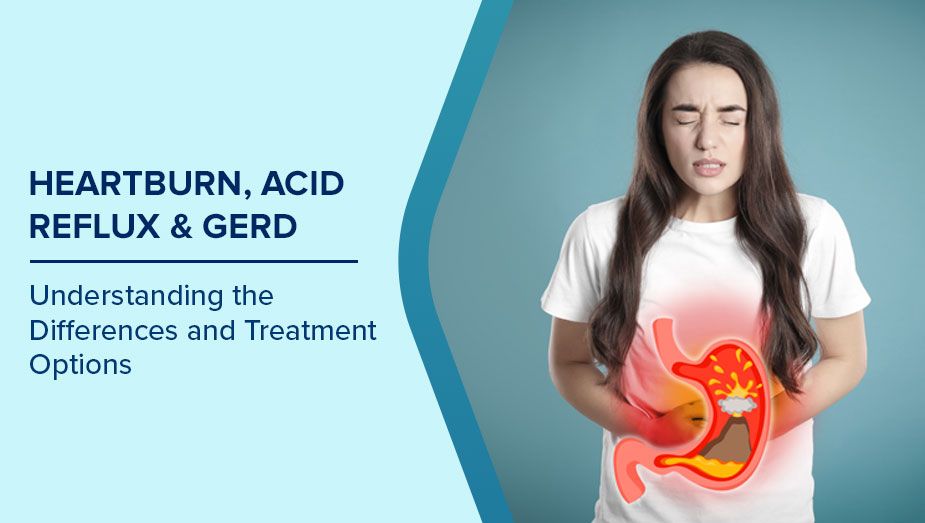By Desmond Nleya
Acidity, often referred to as acid reflux or gastroesophageal reflux disease (GERD) when chronic, is a common condition affecting millions worldwide. It occurs when stomach acid flows back into the esophagus, causing discomfort and irritation.
Symptoms of Acidity
Heartburn – A burning sensation in the chest, usually after meals, often worsening when lying down or bending.
Regurgitation – A sour or bitter-tasting acid backing up into the throat or mouth.
Chest Pain – Sometimes mistaken for heart-related issues.
Difficulty Swallowing (Dysphagia) – Feeling as if food is stuck in the throat.
Persistent Cough or Sore Throat – Especially at night or early morning.
Hoarseness and Bad Breath – Caused by acid irritating the vocal cords.
Nausea or Vomiting – In severe cases.
Causes of Acidity
Overeating or eating too quickly
Spicy, oily, or fatty foods
Excessive coffee, alcohol, or carbonated drinks
Smoking
Stress and lack of sleep
Obesity and tight clothing around the abdomen
Hiatal hernia (medical condition)
Prevention Tips
Adopt Healthy Eating Habits
Eat smaller, more frequent meals instead of large ones.
Avoid late-night meals or lying down immediately after eating.
Limit spicy, fatty, and acidic foods like citrus and tomato-based products.
Lifestyle Changes
Maintain a healthy weight.
Quit smoking and reduce alcohol consumption.
Elevate the head while sleeping to prevent acid flow back into the throat.
Reduce stress through relaxation techniques like yoga and meditation.
Monitor Triggers
Keep a food diary to identify and avoid personal trigger foods.
Cure and Treatment Options
1. Home Remedies
Drink plenty of water to flush out acid.
Ginger tea or chamomile tea can help soothe irritation.
Bananas and cold milk can neutralize stomach acid naturally.
2. Over-the-Counter Medications
Antacids (e.g., Tums, Gaviscon) neutralize acid quickly.
H2 Blockers (e.g., Ranitidine, Famotidine) reduce acid production.
Proton Pump Inhibitors (PPIs) (e.g., Omeprazole, Pantoprazole) are stronger acid reducers, especially for chronic cases.
3. Medical Intervention
Persistent acidity may require doctor consultation.
Endoscopy may be recommended to check for ulcers or complications.
In severe cases of GERD, surgery may be considered.
Conclusion
Acidity is often manageable with lifestyle changes and simple remedies, but chronic symptoms should not be ignored as they may indicate GERD or other underlying conditions. Eating mindfully, reducing stress, and seeking timely medical help can prevent complications and improve quality of life.


